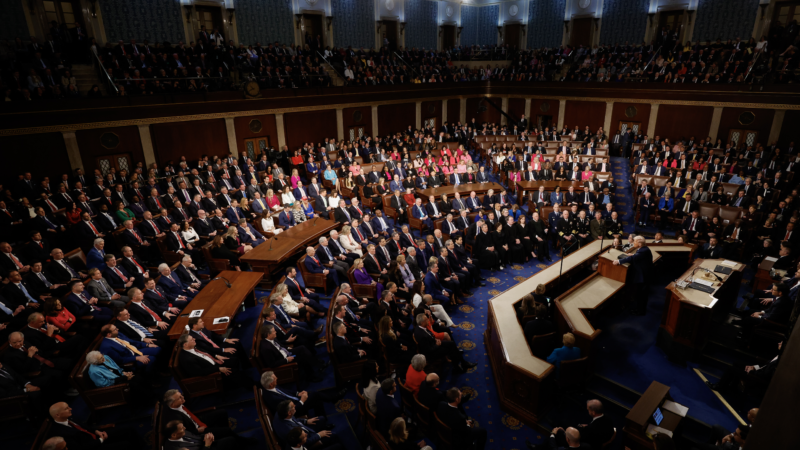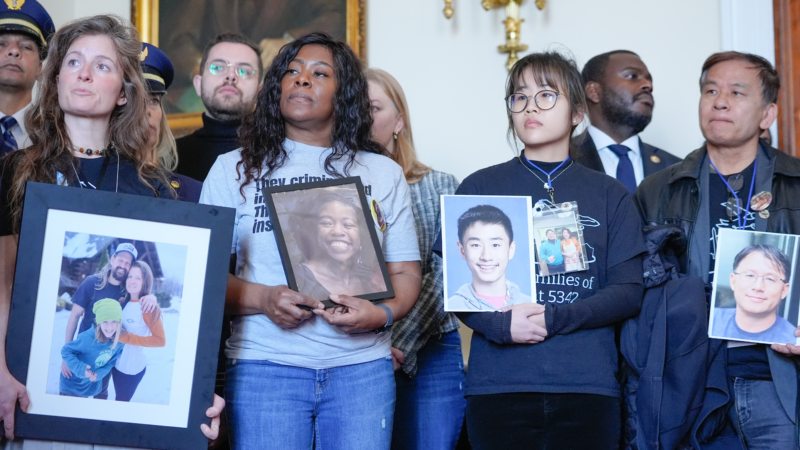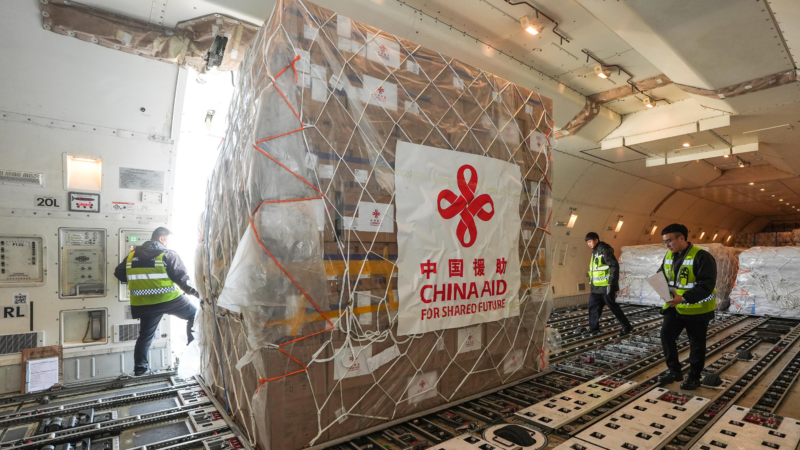Those Economic Impact Studies Don’t Always Add Up
Fans of Auburn University and the University of Memphis will pour into Legion Field Wednesday for the Birmingham Bowl. The City of Birmingham put up half-a-million dollars toward the event. As the city council debated appropriating some of that money earlier this month, Councilman Jay Roberson said the city will benefit.
“[There will be] thousands in attendance, occupancy in hotels, meals being bought in restaurants to help support the tax base and the revenue of this city,” said Roberson.
In fact, a release from the city council says the bowl game has had an economic impact of more than 108 million dollars over ten years.
We hear politicians touting economic impact numbers for football games, proposed stadiums or a new factory. Universities and non-profits claim their own economic impact.
One way to think about economic impact is that it’s anytime money changes hands. For example, a worker gets paid or a factory buys a part from a supplier.
Ahmad Ijaz is an economist at the University of Alabama’s Center for Business and Economic Research. The office has recently conducted economic impact studies for the Honda and Mercedes-Benz plants in Alabama.
Ijaz says an economic impact study tries to capture all the spending created by a business investment or event. They also try to account for money that “leaks out,” for instance, through taxes or because it’s spent outside the study area. Then, there’s the multiplier effect.
“For example, when I get paid, I go out and spend my money on mortgage, groceries,” said Ijaz. “Then the grocery store then in turn gets that money and spends it on their buying the products,”
Ijaz says they try to capture that secondary spending too. Economists use mathematical models to compute all those numbers and arrive at an overall economic impact.
These studies aren’t necessarily just about headlines. Some federal contracts require them. John Norris, a managing director and economist at Oakworth Capital Bank, says it probably is a good idea to do some kind of study to see if it makes sense to spend taxpayer money.
“[But] the economic impact studies that a lot of these consultants generate really do take any sort of economic activity all the way down to the best case scenario,” said Norris.
Norris says a Birmingham bowl fan who lives nearby probably would spend that hot dog and soda money in the area anyway. Plus, think about the larger context. A company may announce 200 new jobs, but it’s a drop in the bucket when you consider the Birmingham area has more than half-a-million workers.
And there’s something else worth noting about a rosy economic forecast.
“If these consultants were to come in and paint the worst case scenario, you can imagine that they probably wouldn’t be hired by very many municipalities,” said Norris. He says there’s perhaps some padding to the numbers.
Ahmad Ijaz with the University of Alabama’s Center for Business and Economic Research says that doesn’t happen in his shop. He says their estimates are conservative. And researchers are transparent by publishing a study’s data and methodology.
Still Ijaz says you will see firms that publish wildly unrealistic results – ones that show multiplier effects that are many, many times the original investment. He says, in that situation, you don’t need to be an economist to know something doesn’t add up.
President Trump set to deliver first State of the Union address of his second term
Facing low approval ratings and ahead of midterm elections in November, President Trump delivers the first State of the Union address of his second term as president Tuesday night.
U.S. House rejects aviation safety bill after Pentagon abruptly withdraws support
The House of Representatives narrowly rejected a bipartisan aviation safety bill that was spurred by the deadly midair collision near Washington, D.C. after the Pentagon abruptly withdrew its support.
China and the US alter foreign aid strategies
China's foreign aid strategy has shifted in the last few decades and now its model may be the one the US is adopting as China moves away from it.
Flavor Flav is among women’s hockey team fans outraged by presidential snub
The rapper, who also serves as the official "hype man" for multiple U.S. Olympic teams, invited the female hockey players to Las Vegas for a "real celebration."
Flavor Flav is among women’s hockey team fans outraged by presidential snub
The rapper, who also serves as the official "hype man" for multiple U.S. Olympic teams, invited the female hockey players to Las Vegas for a "real celebration."
Flavor Flav is among women’s hockey team fans outraged by presidential snub
The rapper, who also serves as the official "hype man" for multiple U.S. Olympic teams, invited the female hockey players to Las Vegas for a "real celebration."







